PM Modi to leave for Astana to participate in SCO summit
Thu 08 Jun 2017, 10:06:45

Prime Minister Narendra Modi will leave for Astana today on a two-day visit to Kazakhstan to attend Shanghai Cooperation Organisation (SCO) meeting beginning today.
India will be admitted as a full member of the SCO during the summit of the regional grouping. In a facebook post, Mr Modi said, after India's inclusion as a member, the SCO will represent over 40 per cent of humanity and nearly 20 per cent of the global GDP.
Prime Minister said, he looks forward to deepening India's association with SCO. He said, it will help India in economic connectivity and counter terrorism cooperation among other things.
India had been an observer country at the SCO since 2005 and had applied for a full membership in 2014. Founded in 2001, the SCO currently has six members - China, Kazakhstan, Kyrgyzstan, Russia, Tajikistan, and Uzbekistan, and is headquartered in Chinese capital of Beijing.
The prime minister is expected to hold a bilateral meeting with Chinese President Xi Jinping on the sidelines of the summit in Astana. Joint Secretary in External Affairs Ministry GV Srinivas
told media persons that there could be a couple of more bilateral meetings between India and heads of the SCO member states.
told media persons that there could be a couple of more bilateral meetings between India and heads of the SCO member states.
There is also the possibility of a meeting between India and Kazakhstan. Kazakhstan is the largest supplier of uranium to India.
However, there is no meeting scheduled between Mr Modi and his Pakistani counterpart Nawaz Sharif. Pakistan will also be admitted as a full member of the SCO during the Astana summit.
Mr Modi will also attend the World Expo 2017, an international exposition, in Kazakhstan.
Highlighting the advantages of joining the regional grouping, Mr Srinivas said one of the aspects deals with economy, connectivity and trade, while another aspect focuses on terrorism which includes protection of classified information.
India also hopes to benefit from Tashkent-based Regional Anti-Terrorist Structure of Shanghai Cooperation Organisation(RATS). Mr Srinivas said, the RATS does a series of activities, including joint exercises in fighting terrorism, maintaining a data bank of terrorists and undesirable elements.
No Comments For This Post, Be first to write a Comment.
Most viewed from Specials
Most viewed from World
AIMIM News
Latest Urdu News
Most Viewed
May 26, 2020
Do you think Canada-India relations will improve under New PM Mark Carney?
Latest Videos View All
Like Us
Home
About Us
Advertise With Us
All Polls
Epaper Archives
Privacy Policy
Contact Us
Download Etemaad App
© 2025 Etemaad Daily News, All Rights Reserved.

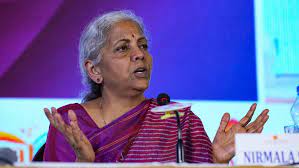
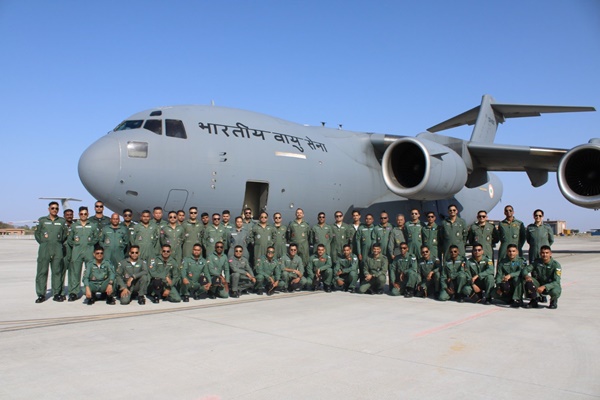










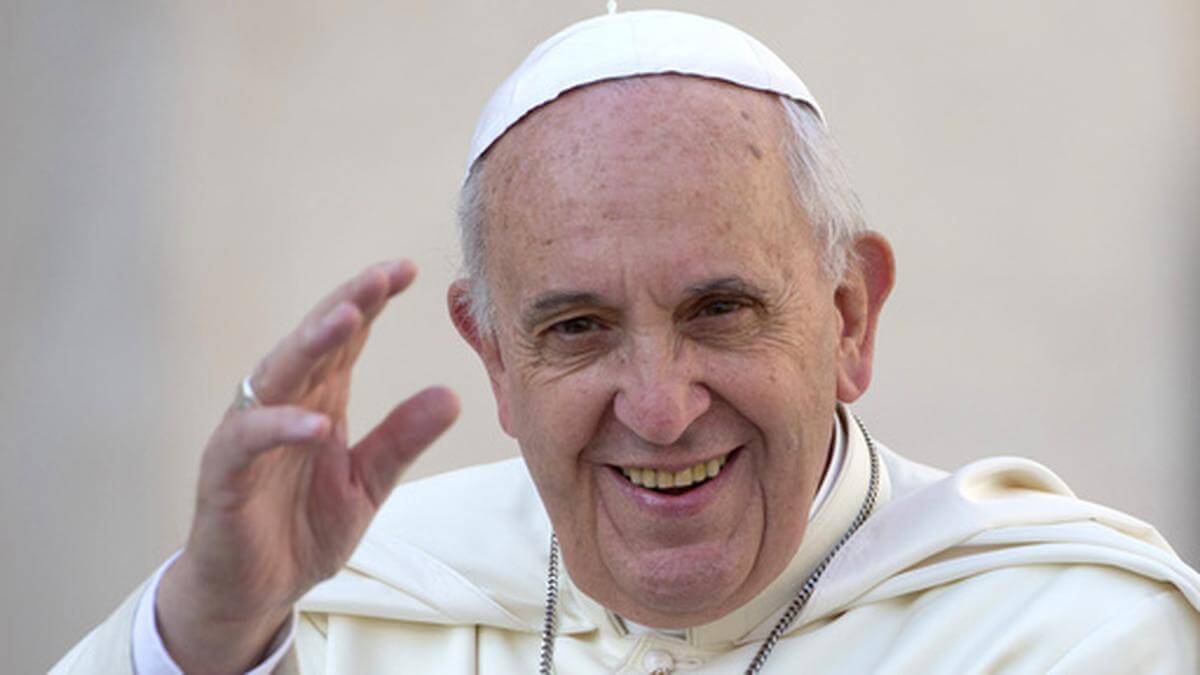
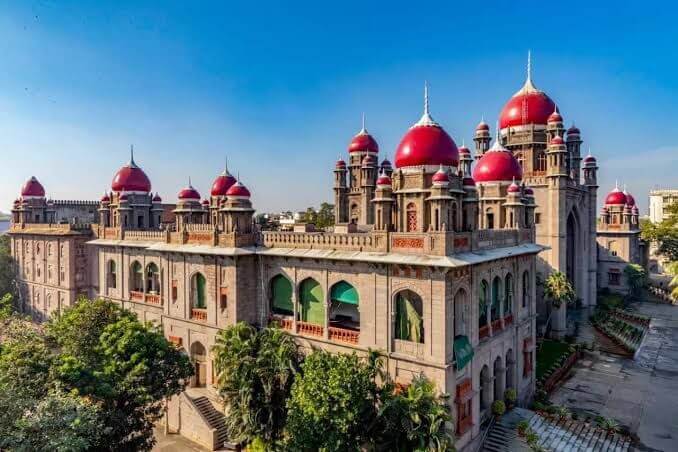
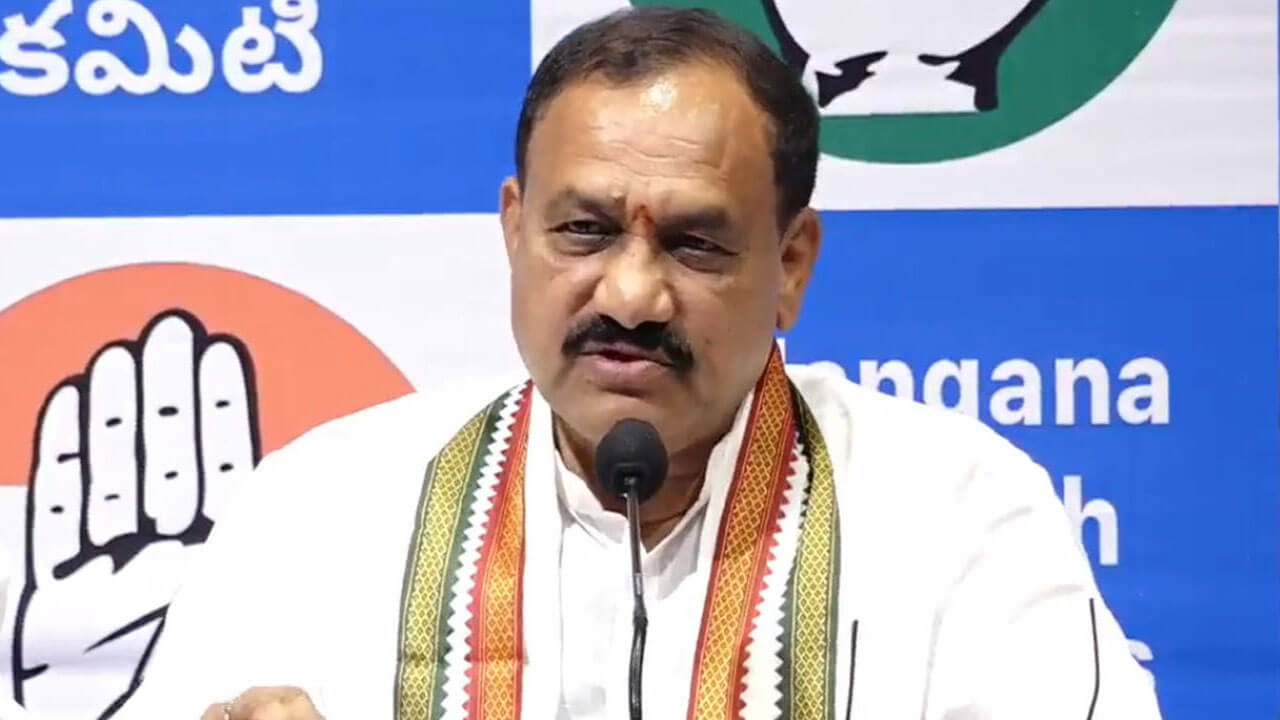
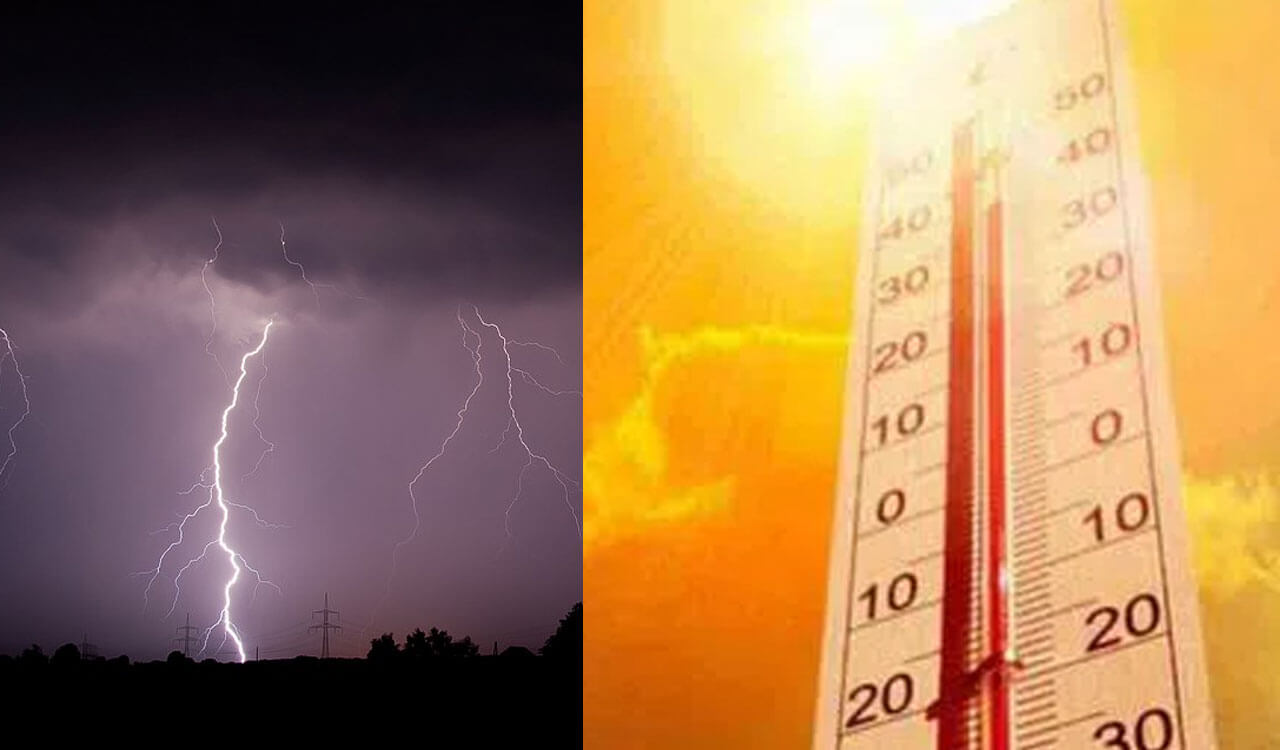
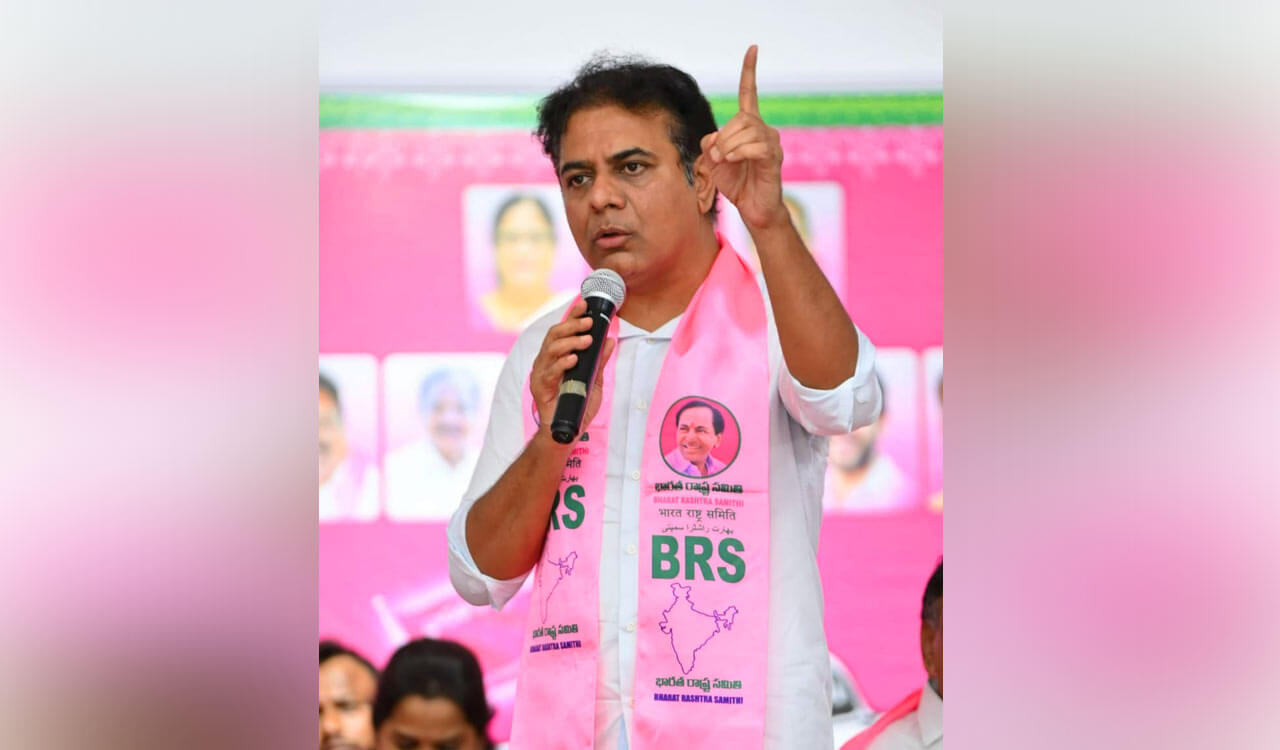
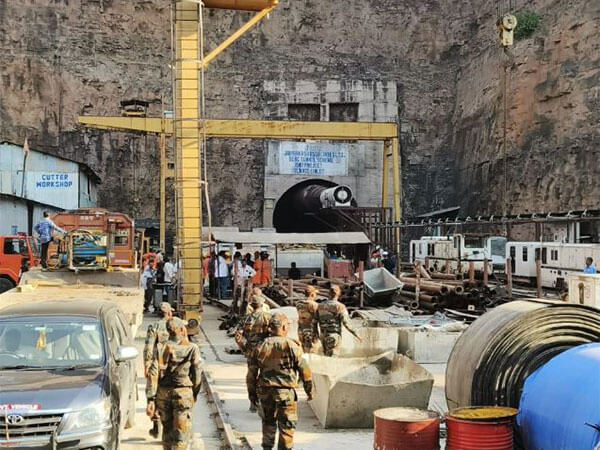
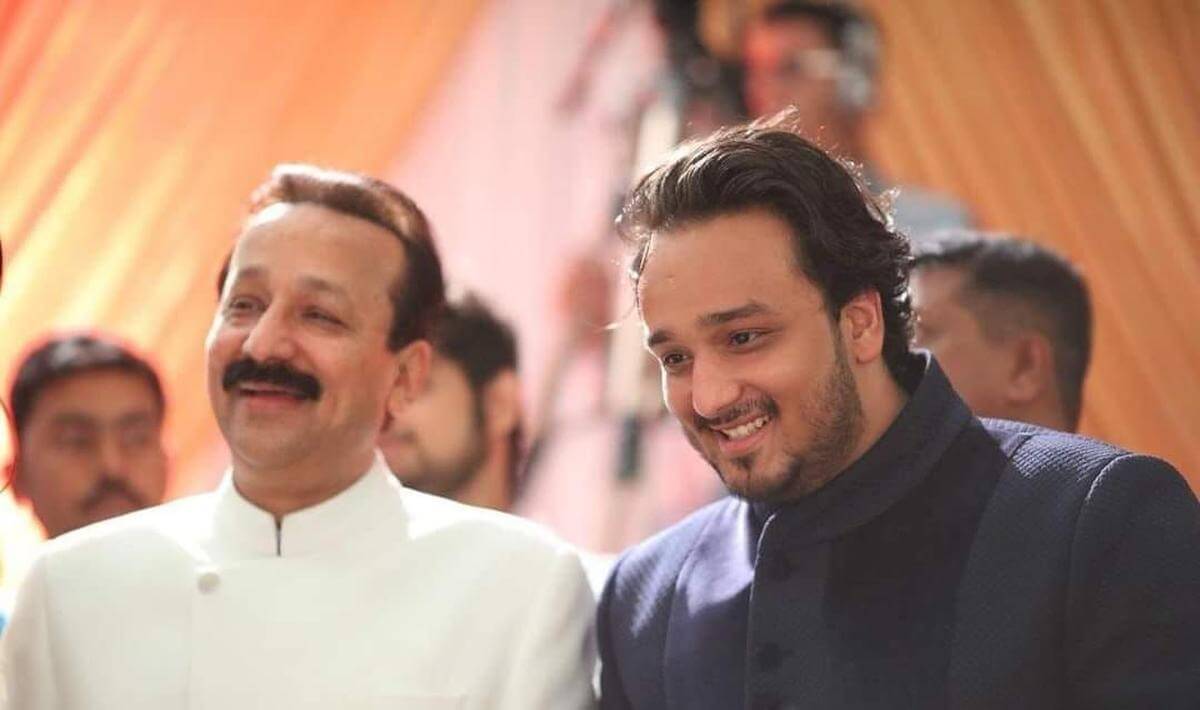
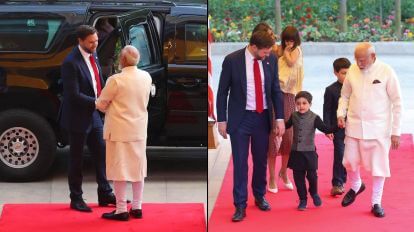
.jpg)
.jpg)
.jpg)
.jpg)

















